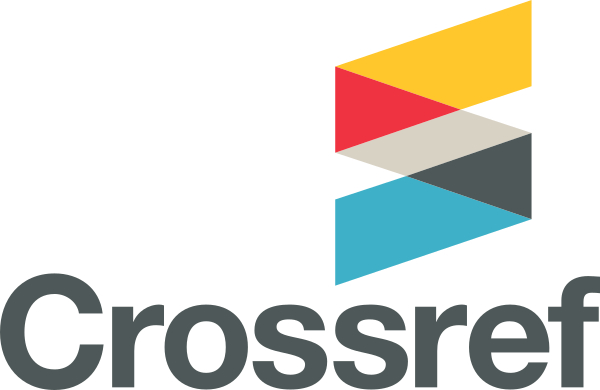JSER Policies
JSER Online
JSER Data
Frequency: quarterly
ISSN: 1409-6099 (Print)
ISSN: 1857-663X (Online)
Authors Info
- Read: 15014
Tortevska VIOLETA
THE ROLE OF THE SPEECH THERAPIST AND HIS INFLUENCE IN SPEECH DEVELOPMENT OF CHILDREN WITH CENTRAL DEFECTS AND INSTRUCTIVE AND ADVISORY WORK OF THE PARENT
The modern way of living in which the communication becomes a basic and upbringing factor and regulator of the relations isolates children with hard individual, family, educative and social problems.
The speech and language disorders are the most remarkable symptoms pointing out the complex of defects in the communicative activities, reduced cognitive functions and cerebral dysfunction's.
The modern conception in the rehabilitation field leads to a full engagement of the children’s closest environment and especially parents.
The study will include the work of the speech therapist with children with a diagnosis tardy speech development (alalia) and developing dysphasia in the hearing, speech and voice rehabilitation institute-Skopje, and its role introducing the parents for their right access and the systematic conduction of the rehabilitation proceedings-especially stimulating the motors and speech development.
The speech therapist’s task is to find out a way and to apply means by which the children with central damages could build their speech and lingual system and to help the parents through instructive and advisory work into the comprehension of the phases and stages of that system.
The conclusion is that the proceedings of the early treatment with the children with central damages are naturally caused by the difference of their early supplementation. The suggestions that are referring to what should be substituted, how much it should be substituted and how it should be done leads to the frames of the early therapeutical access.
Share Us
Journal metrics
-
 SNIP 0.059
SNIP 0.059 -
 IPP 0.07
IPP 0.07 -
 SJR 0.13
SJR 0.13 -
 h5-index 7
h5-index 7 -
 Google-based impact factor: 0.68
Google-based impact factor: 0.68
Related Articles
10 Most Read Articles
- PARENTAL ACCEPTANCE / REJECTION AND EMOTIONAL INTELLIGENCE AMONG ADOLESCENTS WITH AND WITHOUT DELINQUENT BEHAVIOR
- RELATIONSHIP BETWEEN LIFE BUILDING SKILLS AND SOCIAL ADJUSTMENT OF STUDENTS WITH HEARING IMPAIRMENT: IMPLICATIONS FOR COUNSELING
- EXPERIENCES FROM THE EDUCATIONAL SYSTEM – NARRATIVES OF PARENTS WITH CHILDREN WITH DISABILITIES IN CROATIA
- INOVATIONS IN THERAPY OF AUTISM
- AUTISM AND TUBEROUS SCLEROSIS
- THE DURATION AND PHASES OF QUALITATIVE RESEARCH
- REHABILITATION OF PERSONS WITH CEREBRAL PALSY
- DISORDERED ATTENTION AS NEUROPSYCHOLOGICAL COGNITIVE DISFUNCTION
- DIAGNOSTIC AND TREATMENT OPTIONS IN AUTISTIC SPECTRUM DISORDERS – AN OVERVIEW
- HYPERACTIVE CHILD`S DISTURBED ATTENTION AS THE MOST COMMON CAUSE FOR LIGHT FORMS OF MENTAL DEFICIENCY
















